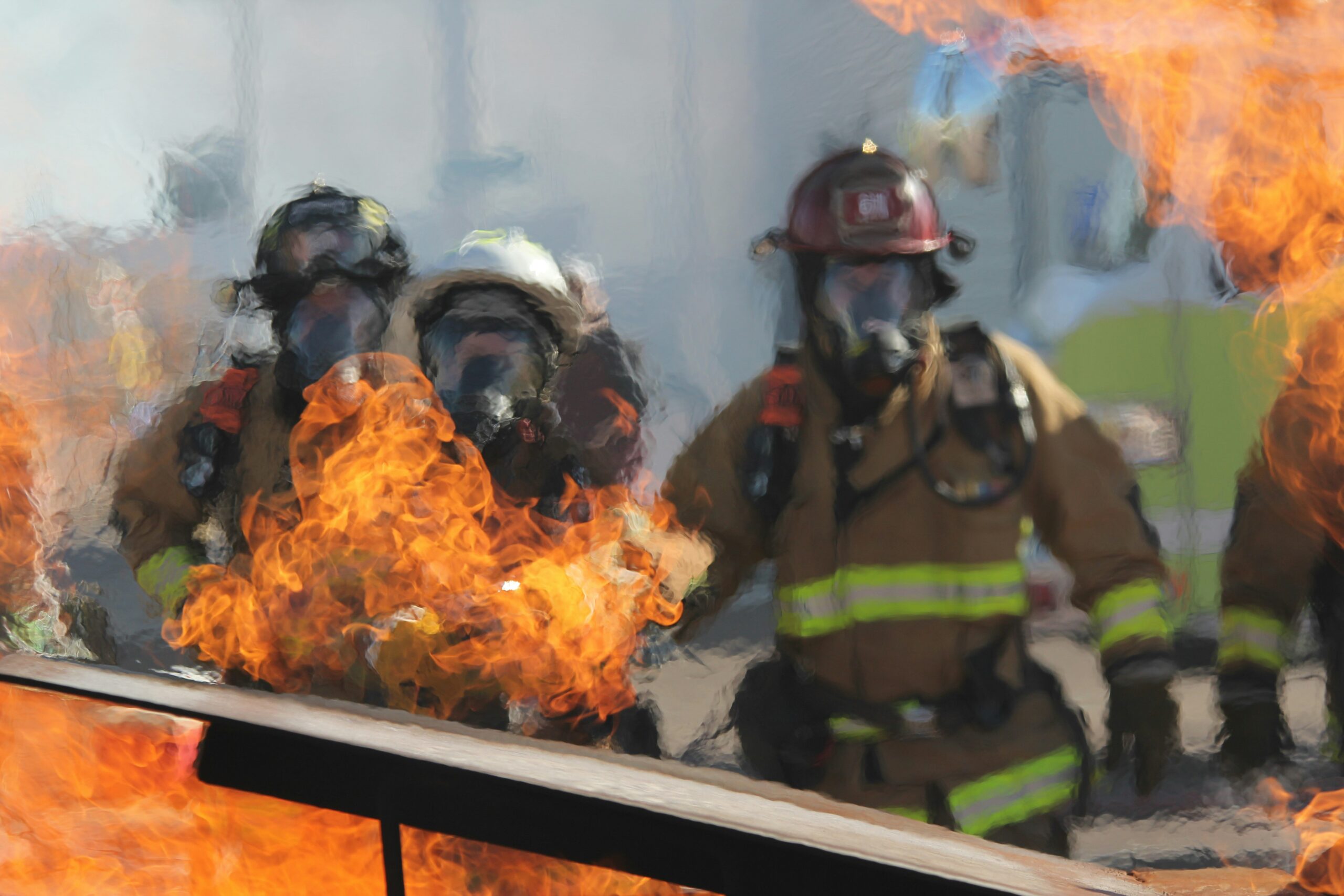New responder trauma training enables trainee first responders to prepare for psychological trauma and build resilience. First Responders have to handle things that most people couldn’t confront. Serious injury, death, and dying are all part of the job, and when you’re new in role, you won’t know how you’ll cope until it happens.
First responder agencies have a legal duty of care to mitigate psychological risk, and that means adequately preparing trainees and probationers for the inevitable exposure to critical incidents and trauma.
Learning about trauma equips new first responders with the knowledge and skills needed to begin building resilience. By understanding how trauma may affect them, they can develop adaptive coping mechanisms and maintain a positive outlook despite the challenges they will face in their new roles.
Trauma-informed First Responder organisations prioritise the well-being of their employees by fostering a supportive work environment. When First Responders understand trauma, they are more likely to advocate for policies and practices that promote employee well-being and resilience.
Benefits of new Responder Trauma Training
- Recognition and Understanding: Educating new first responders about trauma and PTSD helps them recognise the signs and symptoms in themselves and their colleagues. This understanding reduces stigma and encourages early intervention and treatment.
- Improved Response to Trauma: Armed with knowledge about trauma and PTSD, first responders can provide more empathetic and effective support to individuals experiencing trauma. They can tailor their responses to minimize triggers and avoid actions that may exacerbate PTSD symptoms.
- Resilience Development: Learning about trauma and PTSD prepares first responders for the potential psychological impact of their work. They can develop coping strategies and resilience-building techniques to mitigate the risk of developing PTSD themselves.
- Reduced Stigma: Education about PTSD helps dispel myths and misconceptions surrounding trauma. This reduces stigma within teams and encourages open dialogue about mental health.
- Enhanced Peer Support: First responders who understand trauma and PTSD are better equipped to provide support to their colleagues who may be struggling with the disorder. They can offer encouragement, resources, and assistance in accessing mental health support.
- Improved Organisational Support: When first responders are educated about trauma and PTSD, they are more likely to advocate for supportive policies and resources within their organizations. This can lead to improved access to mental health services, peer support programs, and trauma-informed training initiatives.
- Prevention and Early Intervention: Education about trauma and PTSD facilitates early identification of at-risk individuals and encourages proactive measures to prevent the onset of symptoms or minimize their severity. This may include promoting healthy coping mechanisms, fostering supportive relationships, and seeking professional help when needed.
Overall, teaching new First Responders about trauma and PTSD promotes a culture of awareness, support, and resilience, ultimately improving the well-being of both responders and the communities they serve.




